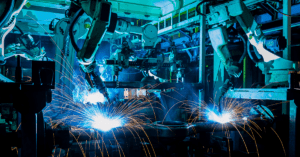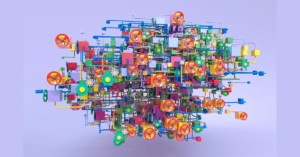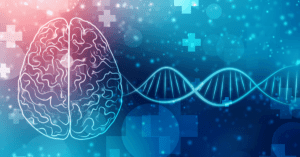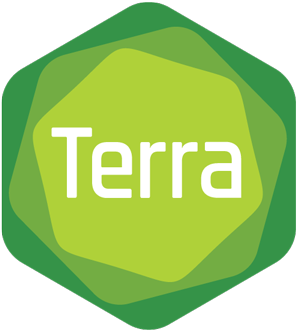

Harness machine learning to clean up your scRNA-seq data
Guest author Stephen Fleming introduces CellBender, a software package for eliminating technical artifacts from high-throughput scRNA-seq and other multi-omics data.


Guest author Stephen Fleming introduces CellBender, a software package for eliminating technical artifacts from high-throughput scRNA-seq and other multi-omics data.


Workspaces created before September 27, 2021 will be migrated to per-workspace Google Projects starting August 8, 2022.


Discover how the move toward cloud-based research infrastructure empowers educators to deliver practical instruction in genomics.


Free online training sessions covering genomics education resources, practical implementation of GWAS methodologies, and bioinformatics workflow development.


A practical methodology for elucidating the structure and function of a workflow written in the Workflow Description Language, aka WDL.


Learn how Terra is supporting a novel approach to managing study participants’ data access and control in industry-sponsored clinical studies.


Computational biologist and longtime GATK team member Laura Gauthier provides an inside perspective on the methodologies underpinning recent discoveries in common disease research.


Senior product manager Alessandro Culotti shares his team’s plans for making it possible to run a wider variety of analysis applications in Terra.


Learn how to use cloud-based data and tools to teach genomic concepts, in a webinar that will introduce key resources and demonstrate how to use them through concrete examples.


Adam Mullen, Software Product Manager in the Data Sciences Platform, explains a change to the default storage bucket setting for new Terra workspaces that will address the upcoming Google Cloud pricing changes to a number of services, including multi-regional storage buckets.
Terra is developed by the Broad Institute of MIT and Harvard in collaboration with Microsoft and Verily.





